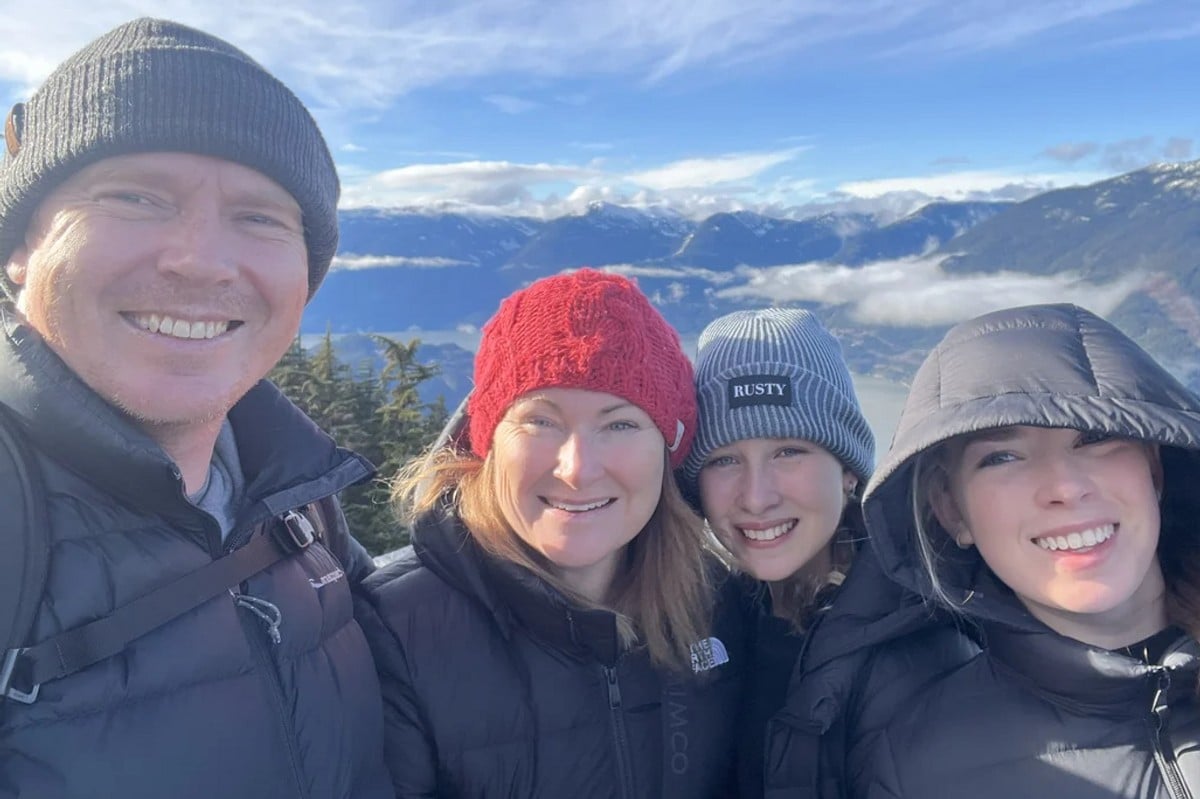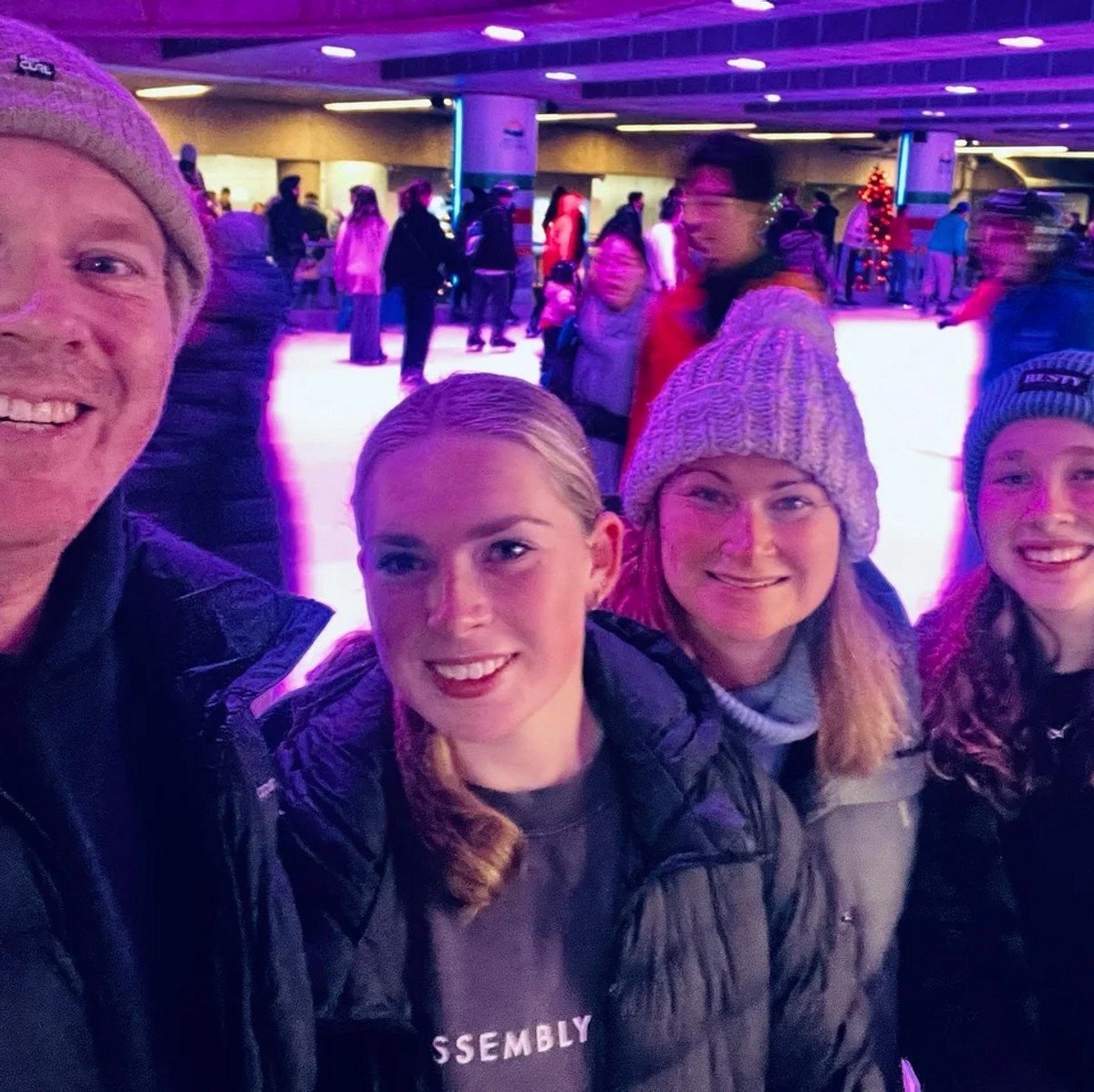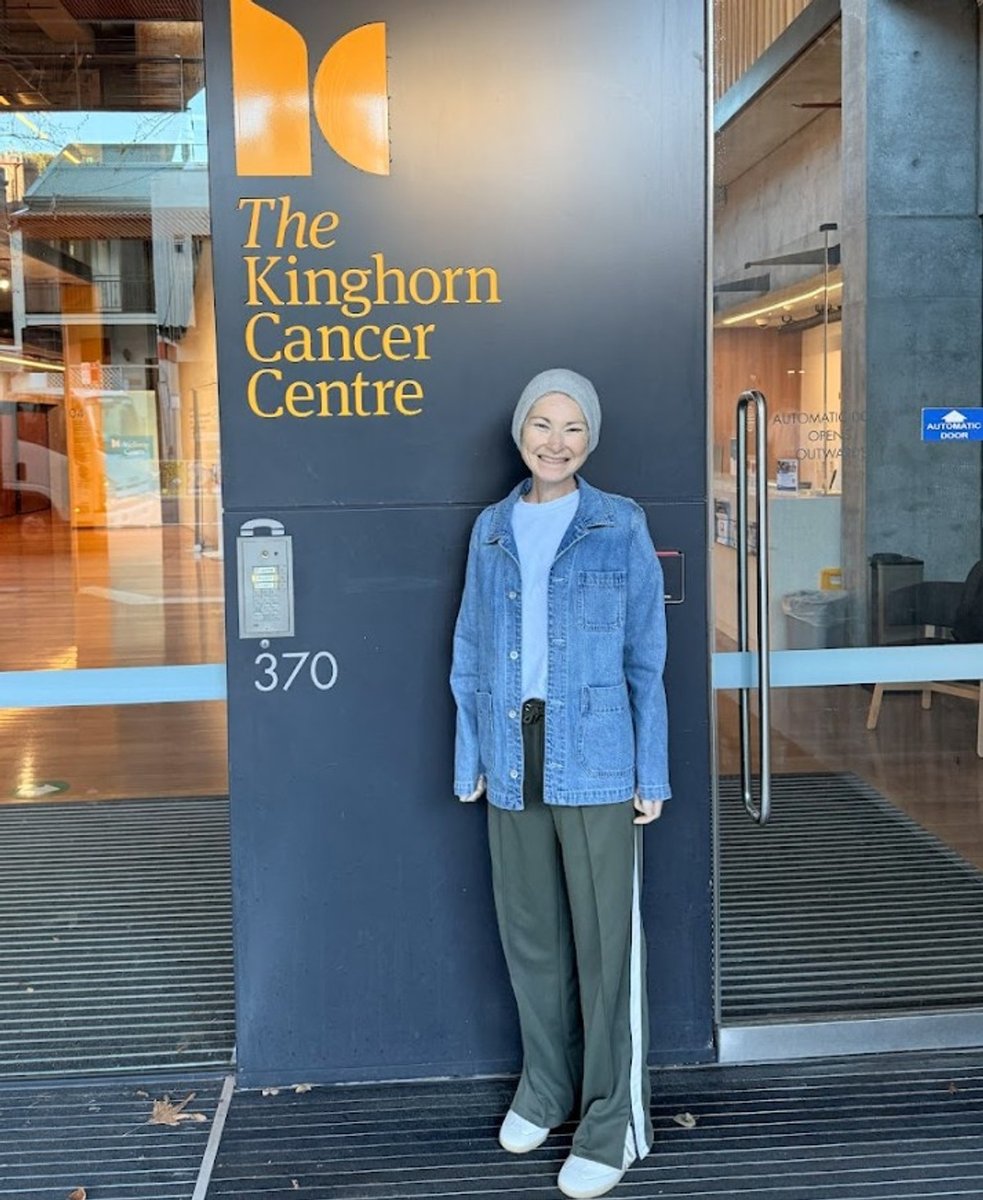
It started with a lingering pain under my left ribs. A persistent ache that stayed with me for weeks, hinting that something was seriously wrong.
At first, we thought it was my gallbladder, so I was booked in for surgery, and the pain lessened slightly; it became a dull ache afterwards.
And so, I ignored it, thinking I was just recovering.
My doctors suspected something was amiss though, and so, they kept investigating. Something just didn't seem right, and well, their instincts were correct.
They conducted a pancreatic biopsy and on 6 September 2024, my doctor looked up from my test results and softly said the words, "You have pancreatic cancer."
I was just 48-years-old, sharing a happy, active life with my husband and two teenage daughters.
The world stood still.
If you're going to get cancer, the pancreatic kind is not the one you want.
It's called "Australia's toughest cancer" for good reason — it's usually found late, it has very few treatment options and five-year survival rates are heartbreakingly low at 13 per cent.
 In 2024, I was diagnosed with pancreatic cancer. Image: Supplied.
In 2024, I was diagnosed with pancreatic cancer. Image: Supplied.





























































































